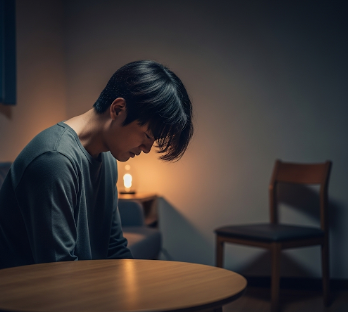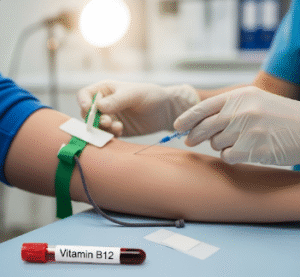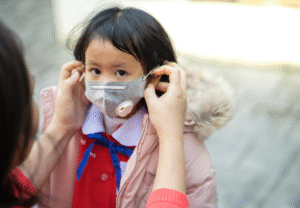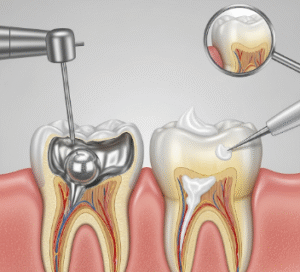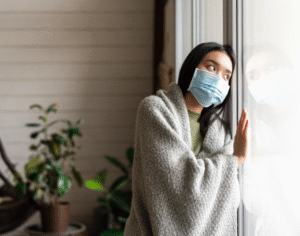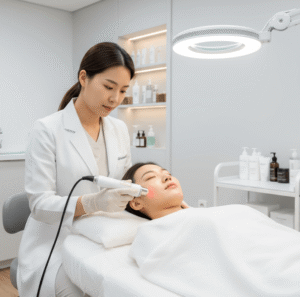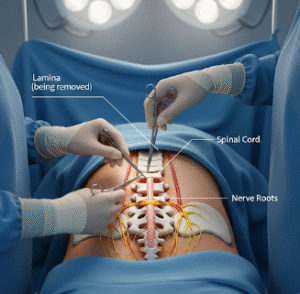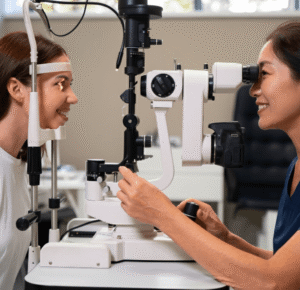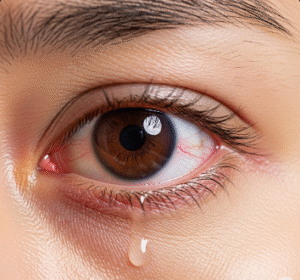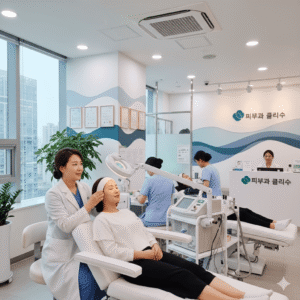➤ Overview
Self-loathing is a deep and persistent sense of disgust, hatred, or intense dislike toward oneself. This emotional state often impacts self-esteem, interpersonal relationships, and daily functioning. People experiencing self-loathing may be overly critical of themselves, blame themselves for events beyond their control, or feel worthless.
In South Korea, mental health awareness has been increasing, and psychologists, psychiatrists, and counselors provide professional support for individuals struggling with self-loathing. Early recognition and intervention can reduce the risk of depression, anxiety, or self-harm.
➤ Key Facts
→ Self-loathing is characterized by persistent negative self-perception.
→ It can affect emotional, social, and occupational functioning.
→ Often linked to depression, anxiety, or trauma.
→ Can lead to self-harm or suicidal thoughts in severe cases.
→ Cognitive-behavioral therapy (CBT) is commonly used in treatment.
→ Mindfulness, psychotherapy, and support groups help manage symptoms.
→ In Korea, mental health clinics and online counseling platforms provide accessible support.
➤ What is Self-Loathing?
Self-loathing is a psychological condition where an individual experiences extreme self-disgust or hatred. Unlike occasional guilt or self-criticism, self-loathing is persistent and pervasive, often influencing every aspect of life.
People with self-loathing may believe they are unworthy, flawed, or incapable, and may isolate themselves to avoid perceived judgment. In Korea, mental health professionals treat self-loathing as a serious emotional condition, focusing on understanding its roots and helping patients develop self-compassion and resilience.
➤ What Symptoms are Related to Self-Loathing?
Self-loathing manifests in emotional, cognitive, and behavioral symptoms:
→ Persistent negative self-talk and self-criticism.
→ Low self-esteem and lack of confidence.
→ Feelings of worthlessness or guilt.
→ Social withdrawal or avoidance of family, friends, or colleagues.
→ Depression or anxiety, often co-occurring.
→ Self-harm behaviors or suicidal thoughts in severe cases.
→ Difficulty making decisions or pursuing goals due to fear of failure.
➤ What Causes / Possible Causes?
Self-loathing arises from complex interactions of personal, social, and biological factors:
→ Traumatic experiences – Childhood abuse, neglect, or bullying.
→ Mental health conditions – Depression, anxiety, or personality disorders.
→ Negative thought patterns – Habitual self-criticism or perfectionism.
→ Cultural or societal pressure – Unrealistic standards in academics, appearance, or social status.
→ Interpersonal factors – Toxic relationships or lack of support.
→ Genetic or neurobiological predisposition – Some individuals may be more prone to negative self-perception.
→ Stress and life events – Job loss, bereavement, or major life transitions.
➤ When Should I See My Doctor?
Professional help is essential if self-loathing begins to interfere with daily life or poses a risk to safety:
→ Persistent feelings of worthlessness or despair.
→ Self-harm behaviors or thoughts of suicide.
→ Difficulty maintaining work, school, or social relationships.
→ Severe anxiety, depression, or panic attacks accompanying self-loathing.
→ Inability to engage in daily activities due to low motivation or negative self-perception.
→ Symptoms persisting for weeks or months despite self-help efforts.
➤ Care and Treatment
Treatment focuses on addressing underlying causes, changing negative thought patterns, and building self-compassion:
→ Psychotherapy – Cognitive-behavioral therapy (CBT) helps reframe negative self-beliefs.
→ Mindfulness and meditation – Practices that promote awareness and self-acceptance.
→ Support groups – Peer support reduces isolation and normalizes experiences.
→ Medication – Antidepressants or anti-anxiety medications may be prescribed if co-occurring conditions are present.
→ Self-care strategies – Journaling, physical activity, and healthy sleep routines.
→ Skill-building – Developing coping strategies, assertiveness, and problem-solving skills.
➤ Treatment Options in Korea
South Korea offers comprehensive mental health services for self-loathing and related conditions:
Diagnosis in Korea
→ Psychological assessments conducted by licensed psychiatrists or psychologists.
→ Screening for depression, anxiety, or personality disorders.
→ Online evaluations through telemedicine platforms for accessibility.
Medical Treatments in Korea
→ Prescription of antidepressants, anxiolytics, or mood stabilizers when appropriate.
→ Individual psychotherapy to address thought patterns and emotional regulation.
Advanced Therapies in Korea
→ Group therapy and workshops promoting self-compassion and resilience.
→ Mindfulness-based cognitive therapy (MBCT) and stress-reduction programs.
→ Integration of Western psychological approaches with Korean traditional therapies such as meditation, yoga, or acupuncture for holistic well-being.
Rehabilitation & Support in Korea
→ Ongoing monitoring and mental health counseling for sustained recovery.
→ Educational programs to improve emotional intelligence and coping skills.
→ Community initiatives and online platforms to reduce stigma and encourage help-seeking.

